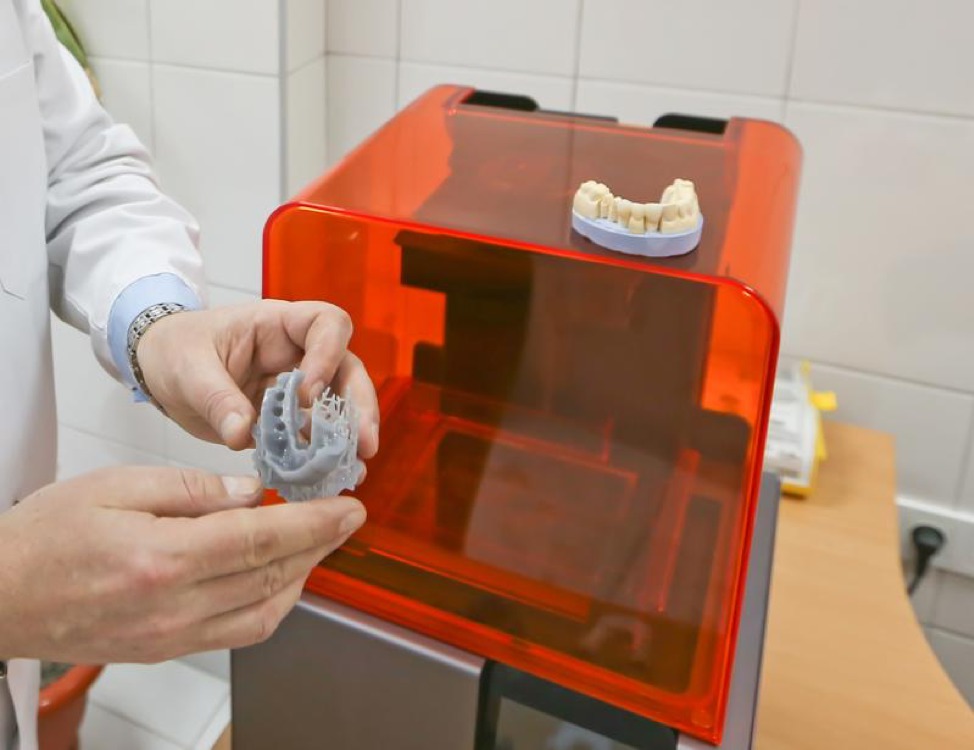Technological advances have made virtually every aspect of our lives easier and more efficient. Healthcare is no exception. There is a range of technological changes that have made healthcare work easier. Here are three recent changes that are helping to make diagnosing and treating diseases simpler and more efficient.
Virtual Reality
We commonly associate virtual reality with entertainment and video games. However, technologies like True 3D can help doctors train for surgeries. This technology is already being tested at Stanford’s Lucile Packard Children’s Hospital. Heart surgery is a particularly complex operation that requires in-depth knowledge of the structures of the heart and its surrounding tissues. By taking a patient-specific 3D scan and viewing it with virtual reality, doctors can prepare for the specific obstacles that may arise during a patient’s operation.
3D Printing
In a similar manner, 3D printing is helping to personalize medicine. Medical implants are an important part of many treatments, but it is important for these implants to be the proper size for each patient. With 3D printing, implants can be custom-made for every patient to ensure that the fit will be perfect. Previously, these implants were made by hand, which was time-consuming. The implants were also prone to human error in either the measuring or production of each implant. With automated 3D printing, though, the match between the implant and patient can be perfected, leading to better outcomes and decreased risks.
FHIR
Tracking medical information is a key part of ensuring each patient gets the best medical service possible. This includes monitoring data like patient history, prescription drugs, vital signs, and previous doctor impressions. However, keeping track of all of this information can be challenging, particularly if a patient is seen by different providers over a long period of time. Fast Healthcare Interoperability Resources, or FHIR, (pronounced “fire”) is an application seeking to change this. FHIR is an interface that allows for real-time exchanges of electronic health records to help doctors monitor their patients over longer periods of time and make better decisions with regard to their care. SMART on FHIR is a game changer for improving this technology.
In combination, these technologies and more have changed the face of healthcare. They have made providing proper care faster and easier for doctors and patients alike. As technologies continue to improve, these benefits will only increase.
Curious what other ways technology has helped those seeking medical care? We recommend reading this article next.



